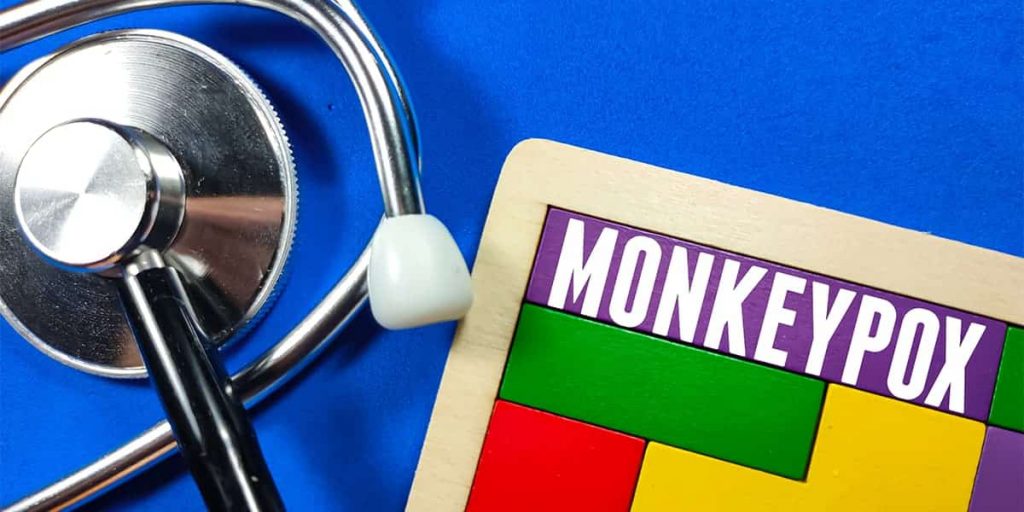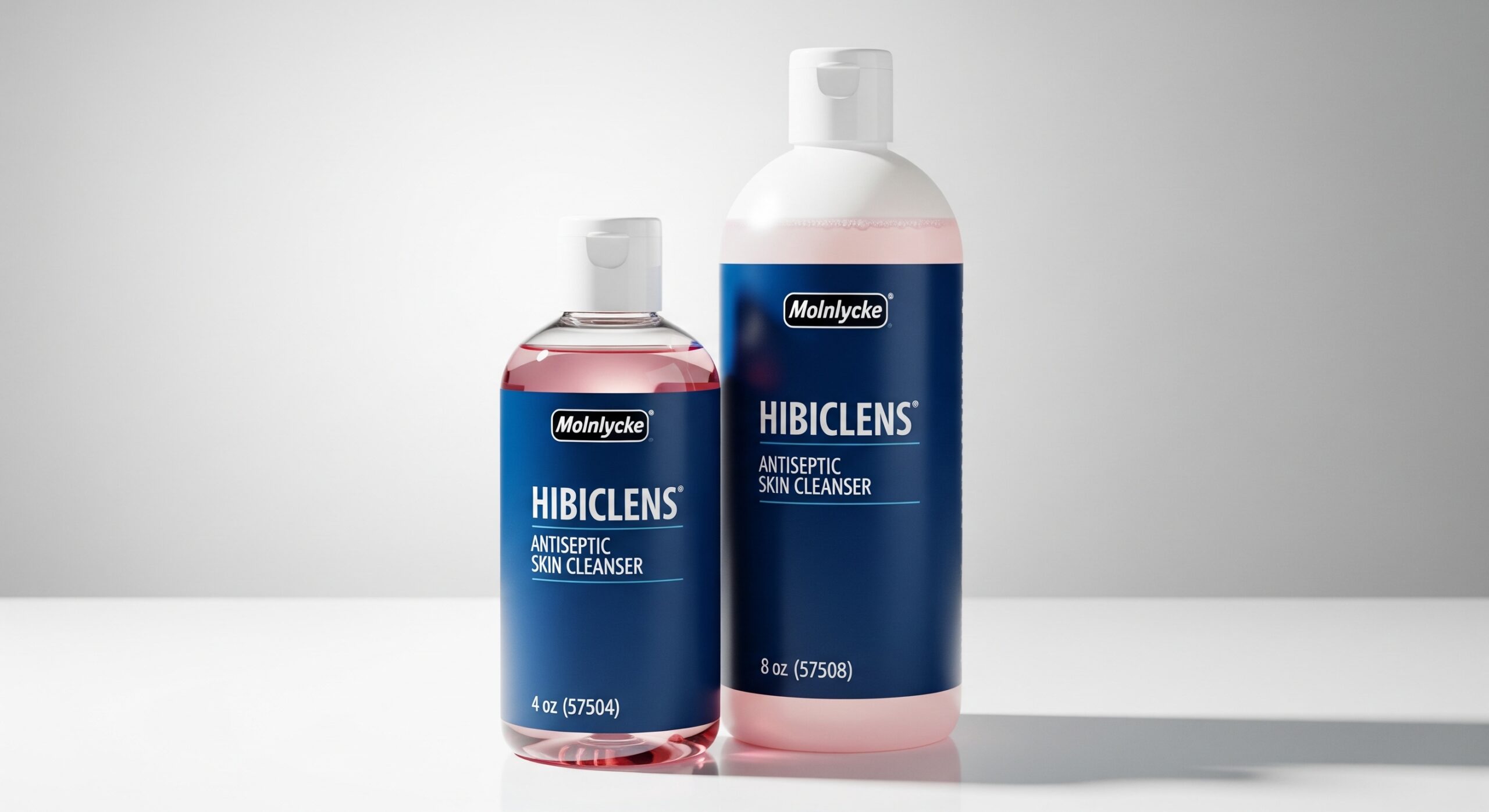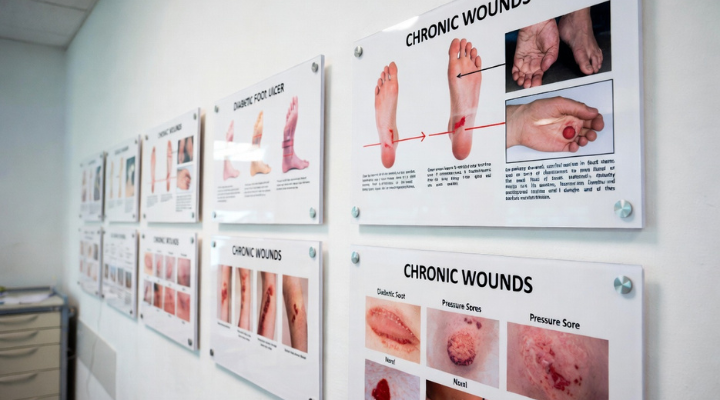What is the Monkeypox virus

Monkeypox is a rare viral infection that appears similar to smallpox but causes milder symptoms. It is commonly found in tropical rainforests of central and west Africa. The virus symptoms include fever, headache, muscle aches, swollen lymph nodes, chills, and exhaustion.
The main noticeable symptoms are skin rashes that can progress to a pustular rash two weeks after exposure. The virus can spread when handling bush meat or directly contacting an infected person’s bodily fluids. A vaccine for monkeypox needs to be developed, and antiviral drug treatment has yet to be fully licensed.
Even though some studies assure smallpox vaccine works with monkeypox, there is not total protection against some symptoms. When in contact with someone suspected of the disease, it is essential to wear personal protective equipment such as gloves and an apron when treating them. Plus, getting a proper monkeypox testing kit is vital to know if we are infected or not. Global Supply Exchange has prepared some critical points about this rare viral infection.
-
- Understanding the monkeypox virus
- The main symptoms that are noticeable are skin rashes
- Avoid handling bush meat or direct contact with an infected person’s bodily fluids
- The virus can also be spread by being bitten by an infected animal
- There is no antiviral drug that has been fully licensed for treatment yet
- Seek medical attention as soon as possible if you suspect you have monkeypox
Understanding the monkeypox virus
Monkeypox is a rare viral infection. It can be fatal, but it’s usually not severe for most people who get it. You can get monkeypox from contact with infected animals or people.
The characteristic symptom of monkeypox is rashes. It usually takes about 2 weeks for these symptoms to appear after you’ve been infected with the virus.
The symptoms of this virus are similar to those of smallpox, although not as severe. The first signs appear 10 days after exposure, including fever, headache and muscle aches. Other symptoms that may occur include swollen lymph nodes, chills and exhaustion.
You can lower your risk of getting infected by avoiding sick people and animals, washing your hands often with soap and water, or using hand sanitizer if soap isn’t available.
If you have recently been exposed to monkeypox (or any other animal-borne diseases), get a monkeypox testing kit and see if you have been infected so you can isolate yourself from your family and not spread the virus at home. After testing yourself, visit your doctor immediately so they can take steps to prevent its spread throughout your body.
The main symptoms that are noticeable are skin rashes
You may have heard about monkeypox in the news recently. Rash start with small red bumps that can become large and blister-like. The rash can spread from the face to other parts of the body, eventually leading to a painful condition called secondary bacterial infection. The rash can sometimes spread to the trunk or even the hands and feet.
Monkeypox is a highly contagious disease that can be spread through close contact with an infected animal or person. In severe cases, monkeypox can be fatal. Early diagnosis from a simple monkeypox testing kit and treatment with a doctor is essential for the best prognosis. There is no specific treatment for monkeypox, but supportive care can help to ease symptoms and prevent complications. Vaccination is the best way to avoid monkeypox infection.
Avoid handling bush meat or direct contact with an infected person’s bodily fluids
Bushmeat refers to wild animals hunted for food. It can be found in areas where people hunt for their meals or work as guides or park rangers, such as tropical rain forests and central and west Africa. Bush meat is also known as exotic meat.
It’s important to note that you do not have to eat monkeypox virus-infected meat to get this disease. Transmission can occur when handling bush meat (such as butchering it), through direct contact with an infected person’s bodily fluids, like blood or vomit, or inhaling droplets from coughs and sneezes.
Retail And Bulk Prices. We Help You Order That Medical Supply You Need!
The virus can also be spread by being bitten by an infected animal
Take the following actions to avoid these risks if you live in an open area near a forest or even if you come across a wild animal in the city:
- Avoid contact with animals that may carry the disease, especially sick ones. If you see a sick animal, call your local animal control office.
- Wash your hands thoroughly after touching animals, their bedding and cages, and other items in areas where they live and roam (if you don’t wear gloves when doing this).
- Don’t use contaminated bedding or clothing that comes into contact with the virus under any circumstance—even if it doesn’t have visible signs of the disease.
There is no antiviral drug that has been fully licensed for treatment yet.
A vaccine is still being developed specifically for monkeypox. However, it’s essential to understand that a vaccine for monkeypox has yet to be fully licensed by the U.S. Food and Drug Administration (FDA) or approved for use in the United States by the Centers for Disease Control and Prevention (CDC).
The CDC recommends that people at risk of monkeypox exposure get vaccinated, but this isn’t currently an option for you or anyone else who lives in the United States. Some people recommend using the smallpox vaccine since monkeypox is a variation of it.
Antiviral drugs may be available soon; however, they have yet to be thoroughly tested and approved for the treatment of monkeypox infection by either FDA or CDC.
Seek medical attention as soon as possible if you suspect you have monkeypox
There are two types of monkeypox viruses: a larger one that causes mild illness in humans but can still be deadly, and the other type is tiny and causes more severe symptoms.
Monkeypox can be severe, especially in young children and people with weakened immune systems. If you suspect you have monkeypox, you must visit a doctor immediately. Early diagnosis and treatment can help reduce the disease’s severity and prevent complications.
In most cases, monkeypox can be treated with supportive care and antipyretics to relieve fever and pain. However, hospitalization may be necessary in severe cases. There is no specific vaccine for monkeypox, but smallpox vaccines can offer some protection against the disease. Vaccination is crucial for people at high risk of exposure, such as those who work with animals or live in areas with a monkeypox outbreak.
Conclusion
If you have been in contact with someone who has monkeypox or you think you might have contracted the virus, it is vital to see a doctor immediately. Make sure to test yourself with a monkeypox testing kit and confirm your suspicions. If left untreated, the virus can be fatal. You and your family can be prepared by ordering monkeypox testing kits to have peace of mind knowing you don’t have the virus. Contact Global Supply Exchange for further information.
Let Us Help You Place That Order!
Leave us a message with the product you want to buy by case and we’ll get back to you soon
| [wpforms id=”470″] |





